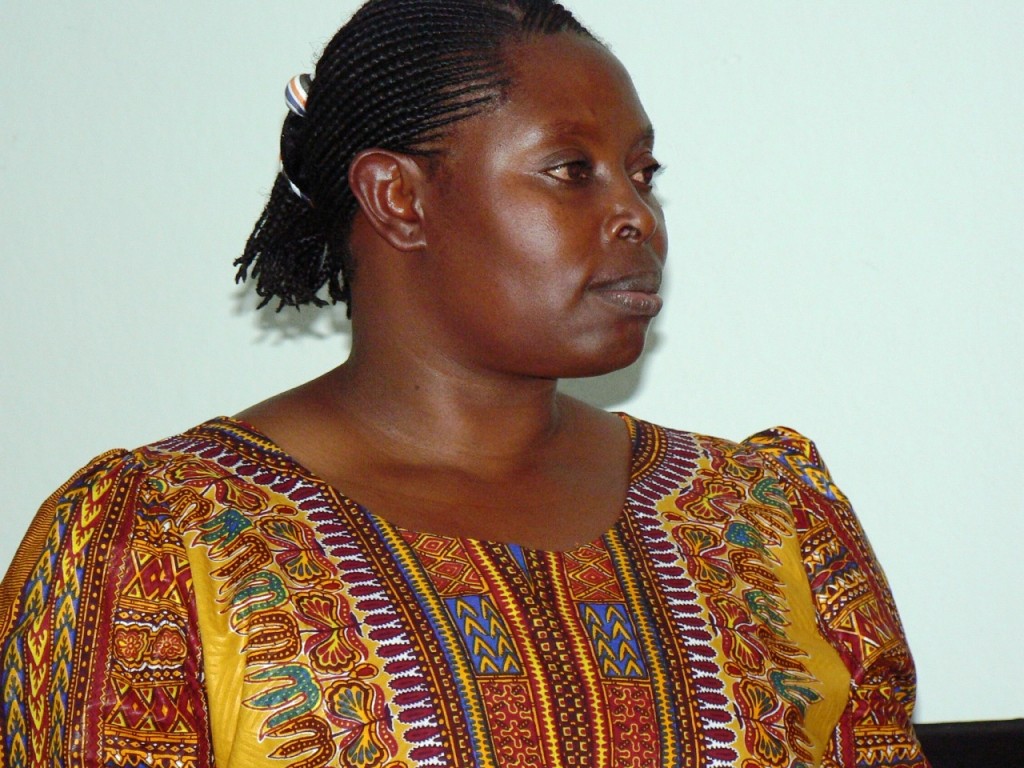Breaking a habit : FGM in Tanzania’s Mara Region

SI Woking & District organised an open meeting in early October, jointly with Amnesty International, with a speaker from Tanzania. Rhobi Samwelly, of the Anglican Diocese of Mara, in northern Tanzania, had come to the UK to raise awareness and funds for her project to eliminate FGM in the region. Rhobi, speaking to a packed house, first placed the practice of female circumcision in the wider social and economic context, emphasising that men and boys must be convinced to change their culture and expectations of women and women need economic and social empowerment. In particular she mentioned an earlier project to build grain grinding mills close to villages: as a result, women can run the mills themselves, women and girls spend less time walking to and from the mills, freeing the girls to go to school. She then described, very movingly, her own experience as a girl, the current situation and the campaign to stop FGM in the region.
Rhobi explained that the circumcision of boys and girls to prepare them for adulthood is traditional in Mara. Today, the government supports male circumcision, under sanitary, hospital conditions, to reduce the spread of AIDS. For girls, Tanzania has outlawed the practice but the message is hard to enforce in remote areas without proper roads, such as the Mara region. Parents still consider marriage more important than education for girls to ensure their well-being as adults. They fear a girl will not be able to marry if she is not circumcised and it is still done in the traditional way by circumcisers who come to the villages during the ‘cutting’ season.
So singers and dancers are used to bring about a change of attitude to female circumcision in the villages. The campaign is having a positive effect but a safe house/training centre is needed. The plan is to offer protection to around twenty girls wishing to escape circumcision at any one time. If their families cannot be reconciled, the girls will stay for a longer period in order to learn skills so they can live independent lives.
Building work on the safe house is advancing well and two thirds of the £60,000 needed to fund the venture has been raised.
We felt that the meeting, and the press coverage afterwards, successfully raised awareness about this anti-FGM campaign in Tanzania, so much so that participants contributed over £250 to the project on the night. But it also helped the audience to understand better why the practice is continued by some communities in the UK and the sensitivity with which the issue must be handled if there is to be long-lasting change.
Further information about the project can be found at www.tanzdevtrust.org.
.

